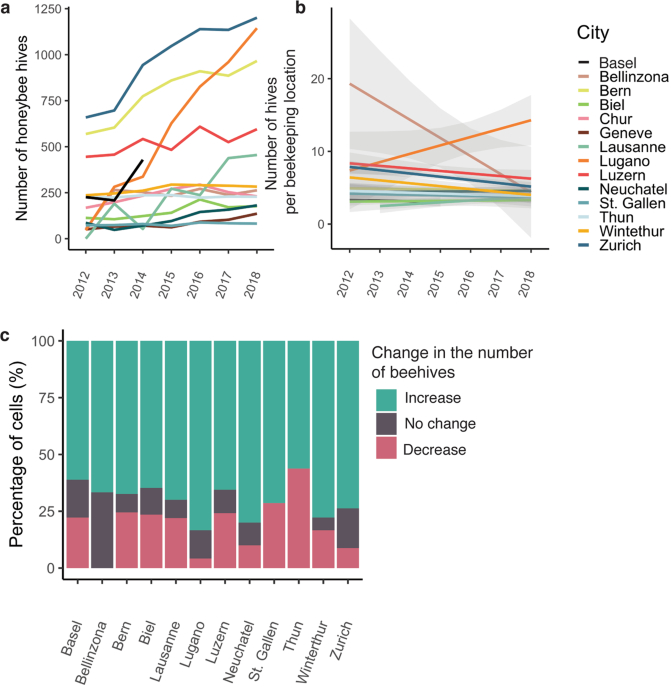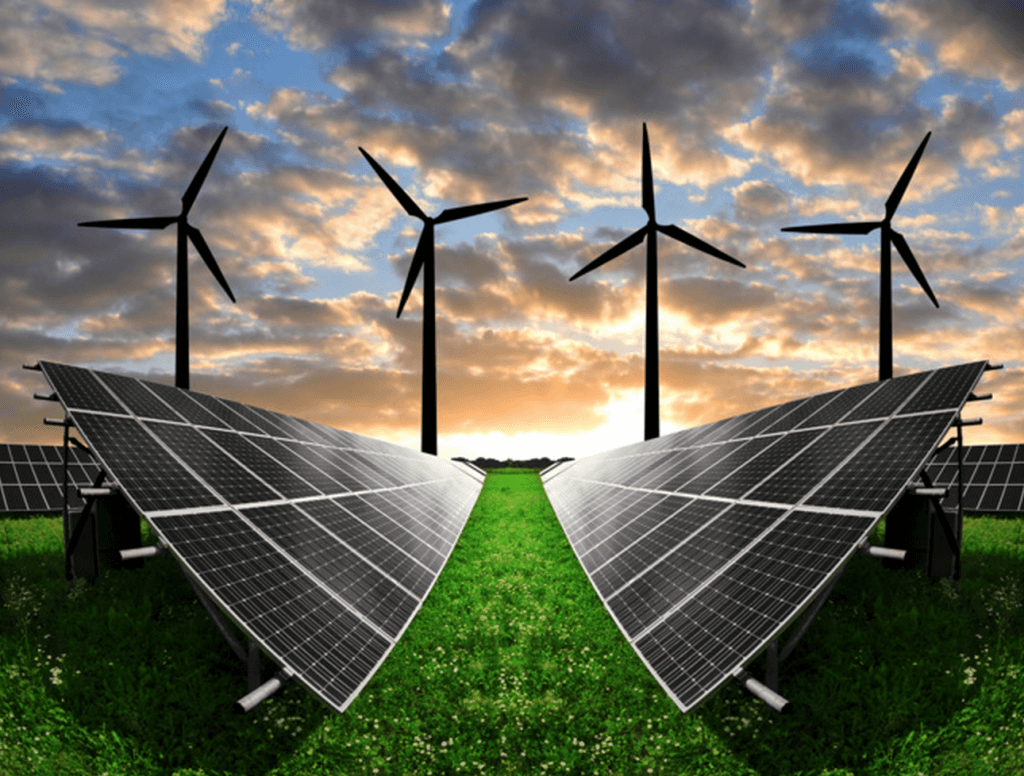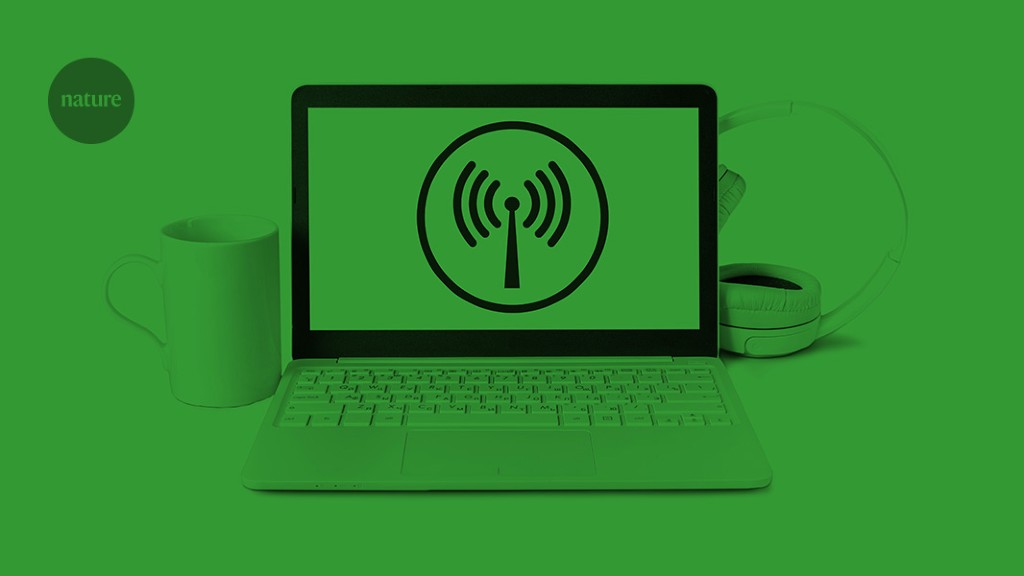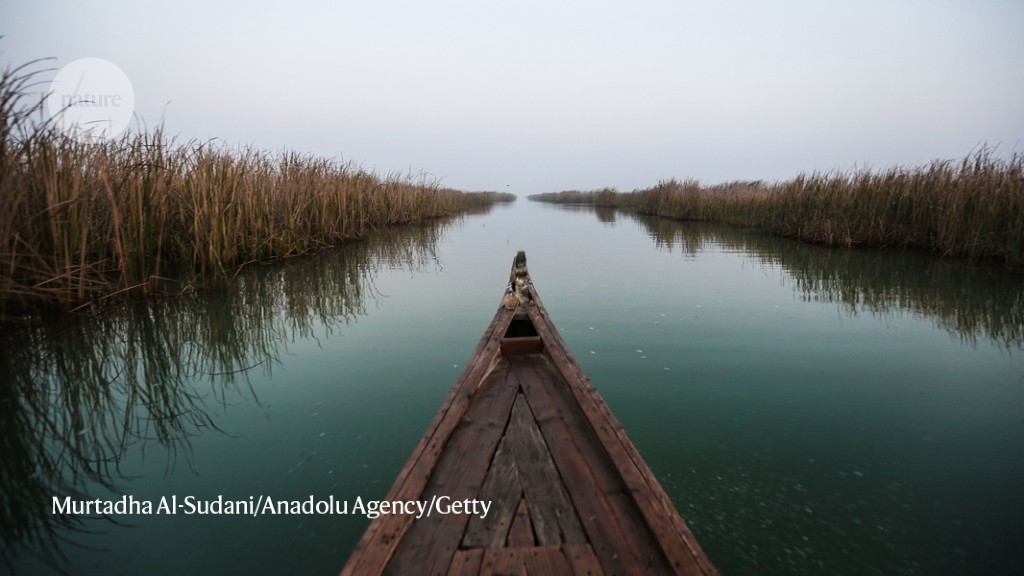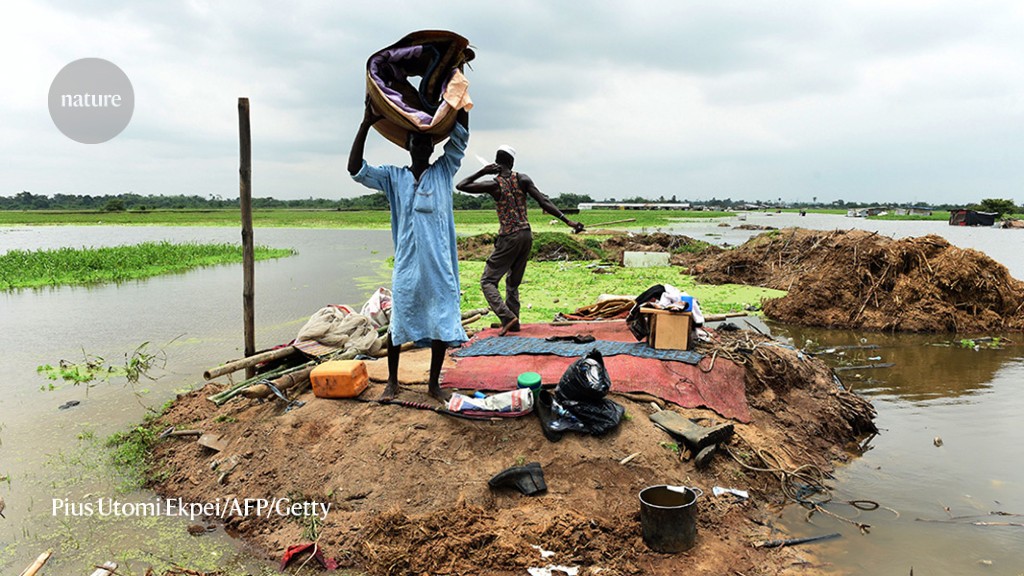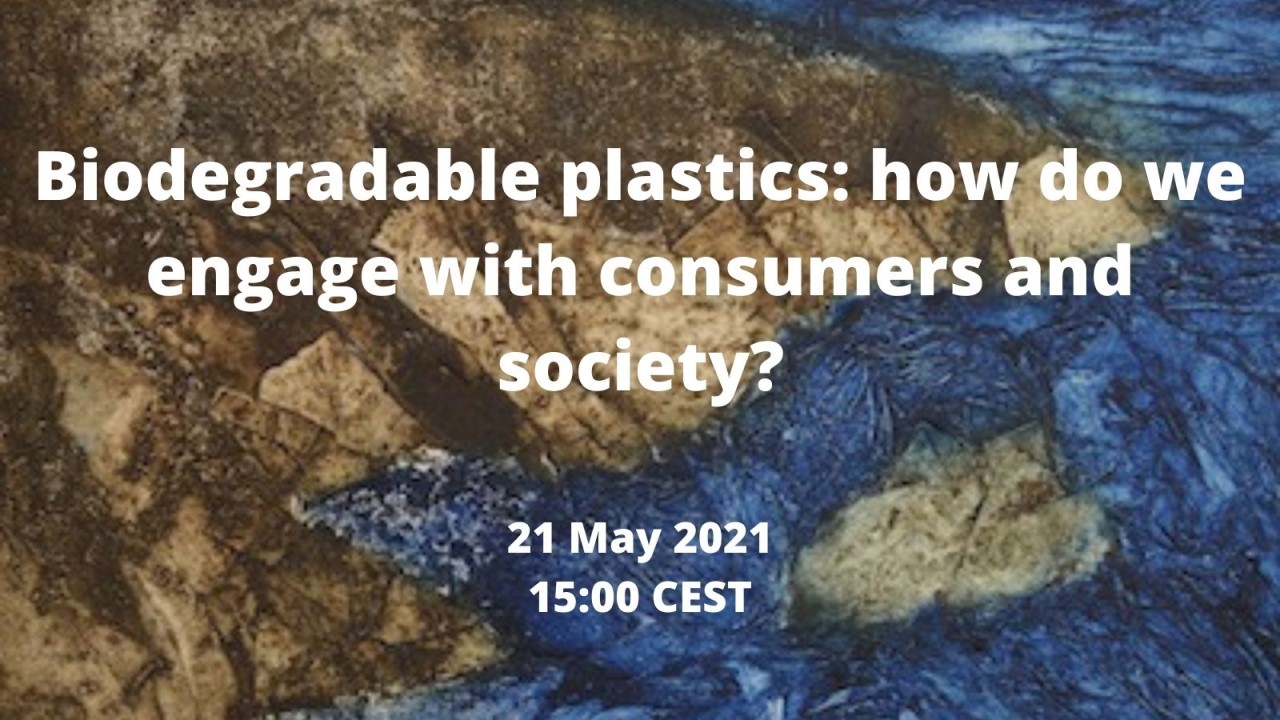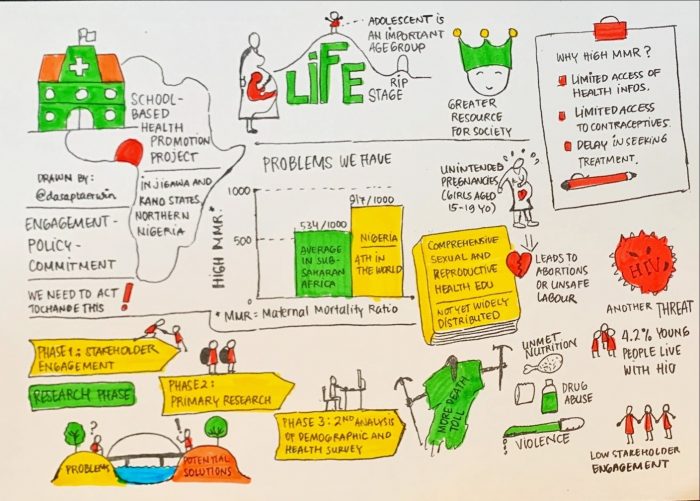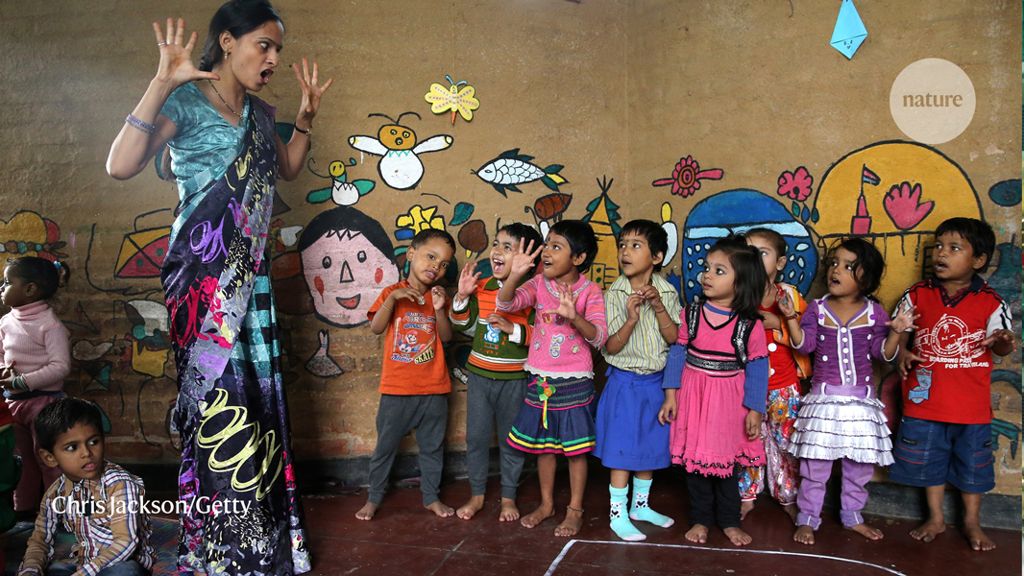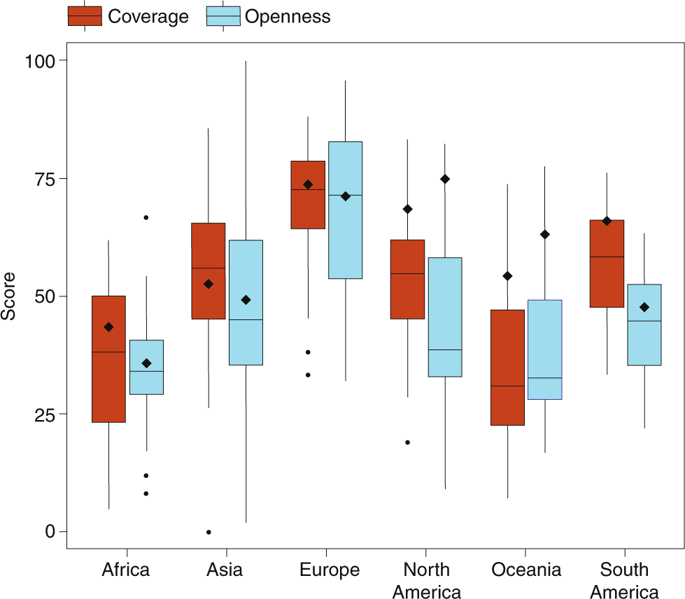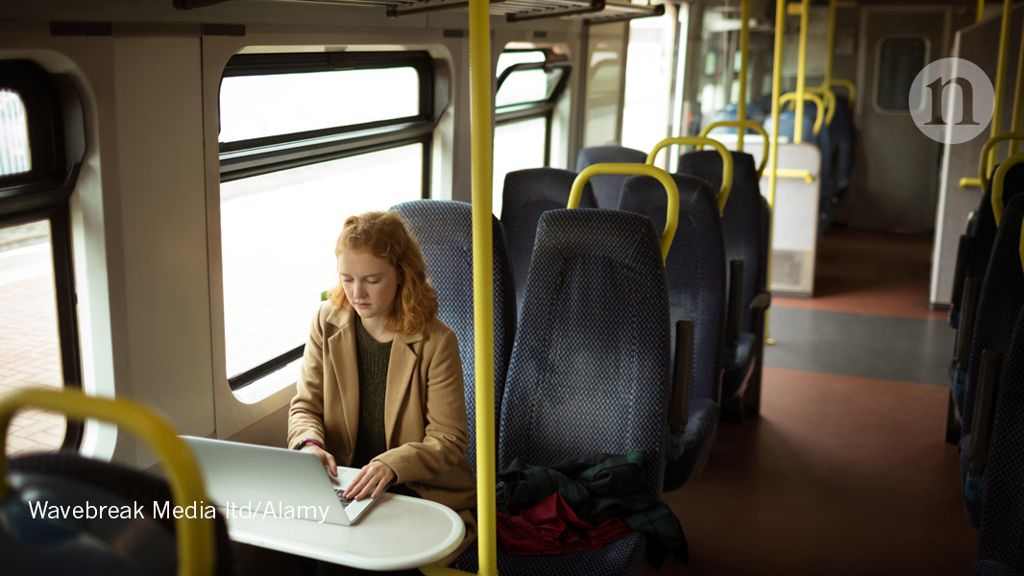Challenging the Sustainability of Urban Beekeeping Using Evidence from Swiss Cities
Challenging the Sustainability of Urban Beekeeping Using Evidence from Swiss Cities
Urban beekeeping is booming, heightening awareness of pollinator importance but also raising concerns that its fast growth might exceed existing resources and negatively impact urban biodiversity. To evaluate the magnitude of urban beekeeping growth and its sustainability, we analysed data on beehives and available resources in 14 Swiss cities in 2012-2018 and modelled the sustainability of urban beekeeping under different scenarios of available floral resources and existing carrying capacities. We found large increases in hives numbers across all cities from an average 6.48 hives per km2 (3139 hives in total) in 2012 to an average 10.14 hives per km2 (9370 in total) in 2018 and observed that available resources are insufficient to maintain present densities of beehives, which currently are unsustainable.
